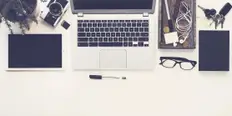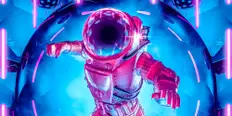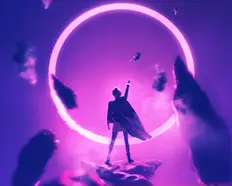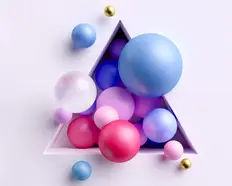Chat med Ava - din KI-forretningskonsulent
Hei, jeg er Ava, din KI-guide for å superlade virksomheten din!
Enten du allerede driver en virksomhet eller drømmer om å starte en, er jeg her for å gjøre visjonen din til virkelighet ved hjelp av KI-drevne frilansere. Del forretningsmålene dine med meg, og sammen lager vi et prosjekt som våre talentfulle frilansere kan by på. La oss gjøre visjonen din til virkelighet!
Jeg har en virksomhet
Jeg starter en bedrift
Noe gikk galt mens du sendte samtalen til e-posten din. Prøv igjen senere.
Du kan bare lagre samtalen en gang i timen. Prøv igjen senere.
Samtalen din er for kort. Fortsett å chatte med Ava for å aktivere lagring.
The top 10 web design trends for 2019
As web designers break new ground, we examine the trends shaping 2019 and beyond. To stay relevant in this crowded market you need to be aware of them
3. mai 2019 • 4 minutt lesetid
Oppdatert 20. jan. 2020 av Adam S.

Content Manager at Freelancer.com
Kopiering til utklippstavlen mislyktes. Prøv igjen etter å ha justert tillatelsene dine.
Kopiert til utklippstavlen.
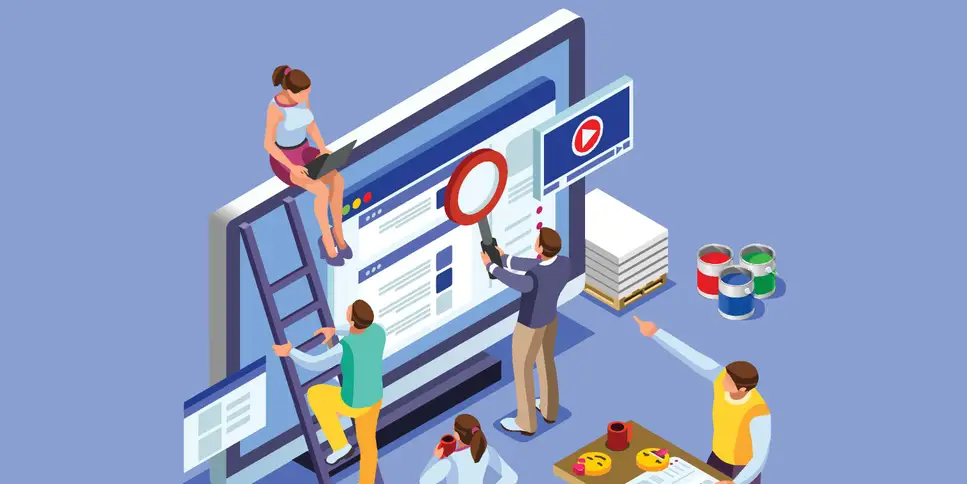
Web designs shifting the design lanscape in 2019
Web design has come a long way since the early days of the internet, and designers are continuing to push boundaries.
Good web design makes an impression on the user, conveys the meaning behind your brand and ultimately drives traffic and revenue. Here are the 10 trends set to dominate web design in 2019 and beyond.
1. Flat designs
While snazzy GIFs and sleek animation can certainly impress, they also make your site load at a snail’s pace. Flat design solves this issue, and it looks great as well.
Expect to see more web designers gravitating toward simple, flat design in 2019. Simple, uncluttered layouts with 2D illustrations will make for a better user experience and draw users’ eyes towards the important elements of a page. While more visually complex sites aren’t exactly on their way out, web designers will increasingly adopt a “less is more” attitude.
2. Grid-breaking layouts
Ah, the tried and true 12-unit grid. It keeps designers in line, both literally and figuratively. It tells you where to put elements on the page, and sets a tidy framework for layout.
Well, you can forget all that in 2019. Web designers are breaking the boundaries of the grid to create bold, asymmetrical layouts. This gives designers more room to experiment with where to direct users’ attention, and in what order they should be drawn to elements on the page.
3. Microinteractions
A microinteraction is any event triggered by a user action that has a specific, contextual response. If that’s confusing, here’s an example. Open up your Facebook app and pull down to refresh. Hear that chime? That’s a microinteraction.
Featured Work in Graphic Design

3D Product Modeling and Rendering
by chie77

Brochure for an Interior Design Co.
by Piyushtyagi03

Halloween Flyer Design
by andreasaddyp

Business Plan Design
by hannahopuiyo
Microinteractions can be used in web design to surprise and delight the user. Expect to see more sites in 2019 using clever microinteractions to create a sense of fun and whimsy. You can build microinteractions into mouseover events or clicks to inject more character into your website and reinforce your brand.
4. Minimalism
Websites used to be stuffed with as many visual elements as designers could fit onto a page. After all, if you can fit one more flying toaster next to your dancing Jesus, why waste the space?
But design is moving away from overstuffed layouts towards clean minimalism. This trend goes hand-in-hand with flat design. Expect to see a lot more white space, a simple UI and fewer elements on the page.
5. Dominant typography
Also blending well with the trend towards minimalism is a move towards big, bold typography. If a picture is worth a thousand words, certainly using words as pictures must be worth an additional 200–300 words. Unless our math is off.
Designers are getting brave with typography and allowing it to be the hero of the page. Used as the dominant visual element, large typography can create a striking impression. Don’t be surprised to see homepages consisting of nothing more than oversized text.
6. Dynamic backgrounds
This might be the antithesis of minimalism, but at the other end of the scale designers are experimenting with page backgrounds that grab attention through motion.
An increasing number of websites in 2019 are using video or motion graphics as a background. This further engages users and provides a memorable and immersive experience. A background can do more than just provide an unobtrusive way to frame other design elements. It can come to life and help tell a brand’s story.
7. 3D design
We know, we know. We literally just told you that 2019 was all about flat design. But graphic design has always been a discipline of extremes. With that in mind, expect to see some designers break out of the X-Y axis and into the — gasp! — third dimension !
3D web design works a treat for typography, so expect to see it closely wed to the trend towards bigger fonts. Designers will also use 3D rendering to give page elements a more realistic and immersive feel.
8. Brutalism
You know how good web design is all about creating a pleasant and easy user experience? Well screw that, because brutalism is here to shove a whole bunch of ugly in the faces of your site visitors.
Brutalism, from the French word for “raw”, uses evocative text, clashing colors and collaged layouts to create a confronting UX that leaves an indelible impression on your users. It’s more about eliciting an emotional response than it is about creating a pleasant experience.
9. Monochromatic design
Put away that color wheel. 2019 will see web designers eschew an array of hues for simple, monochromatic designs.
While black and white will dominate, expect to see designs leaning on other colors as their single splash of chroma.
Monochromatic doesn't have to mean boring, either. Brilliant yellows, eye-popping reds and fluoro blues will all feature prominently, but will stand alone.
Freelance Graphic Design Experts
I

PHP
JavaScript
Website Design
Graphic Design
Internet Marketing
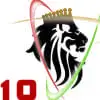

Website Design
Translation
Internet Marketing
SEO
Link Building
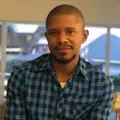

Project Management
Engineering
Video Services
Industrial Design
CAD/CAM


CAD/CAM
Building Architecture
3D Rendering
Home Design
Civil Engineering
10. Serifs make a comeback
Ah, the much-maligned serif. Through much of the 2000s, this ornamental typography flourish was consigned to the dustbin as web designers trended towards younger-looking sans serif fonts.
Well, basic readability is hard to argue with. Serif fonts are simply easier on the eye. Web designers will be gravitating back towards serifs, but not only for their readability. Unique serif fonts lend a retro feel while also conveying trustworthiness and authority.
Fortell oss hva du trenger å få gjort
Skriv inn prosjektnavnet ditt
Relaterte historier
Snakk med en av våre tekniske co-piloter for å hjelpe deg med prosjektet ditt
Anbefalte artikler bare for deg

If your creativity needs a jump start follow Dr Christyl Johnson's tips to get back on track fast
4 min read

The secret to a winning website design is a winning brand identity. We show you how to create one
9 min read
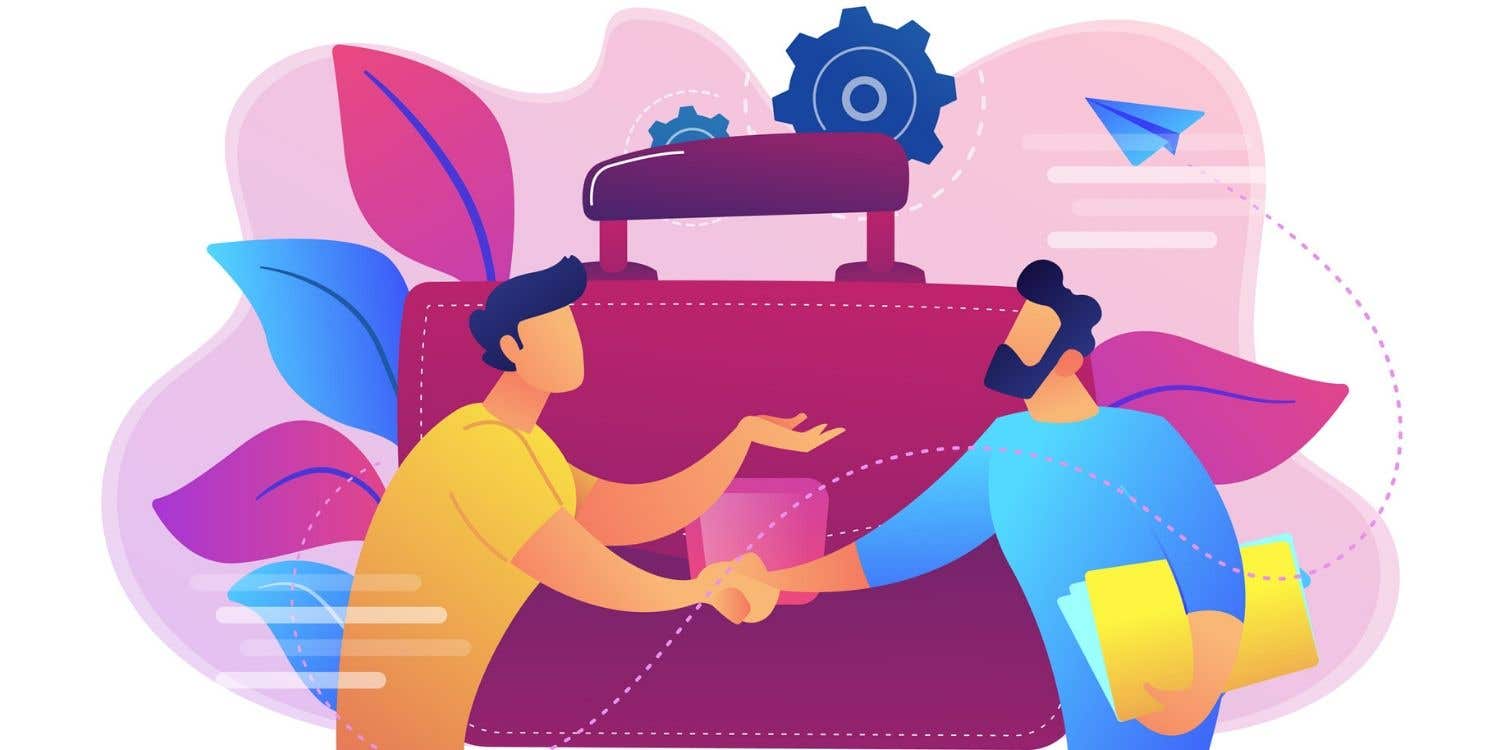
Hiring freelancers for a project can save you time and money, but it's important to understand how to get the best results
4 min read
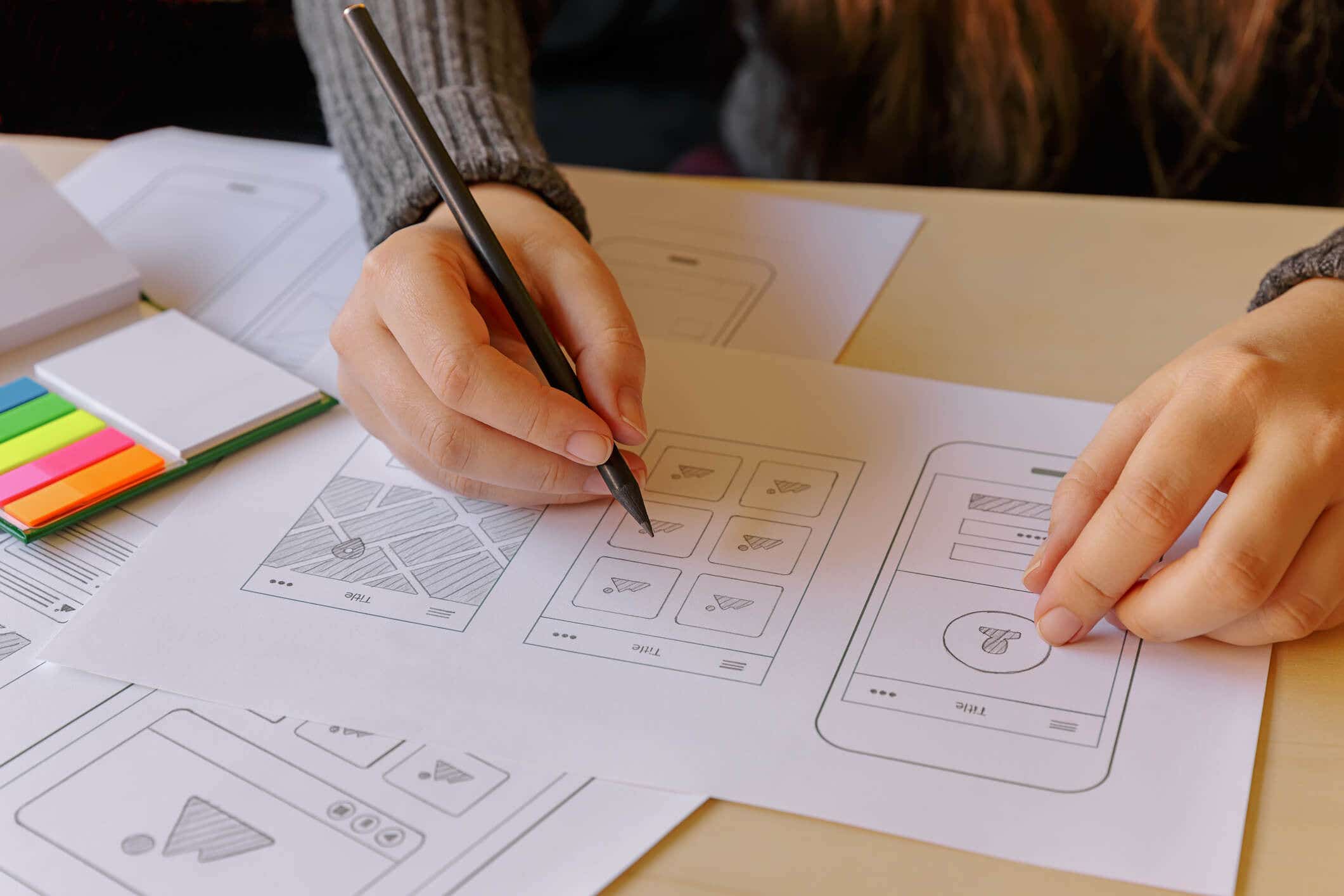
Wireframe creation is critical to website design, but it doesn't need to be complicated. We will teach the stress-free process.
5 min read
Takk! Vi har sendt deg en lenke for at du skal kunne kreve din gratis kreditt.
Noe gikk galt. Vær så snill, prøv på nytt.
Forhåndsvisning innlasting
Tillatelse gitt for geolokalisering.
Påloggingsøkten din er utløpt og du har blitt logget ut. Logg på igjen.
